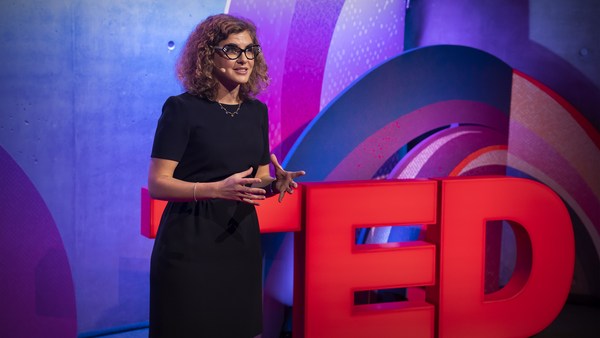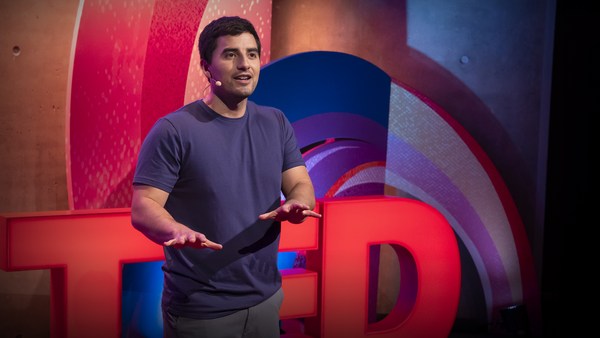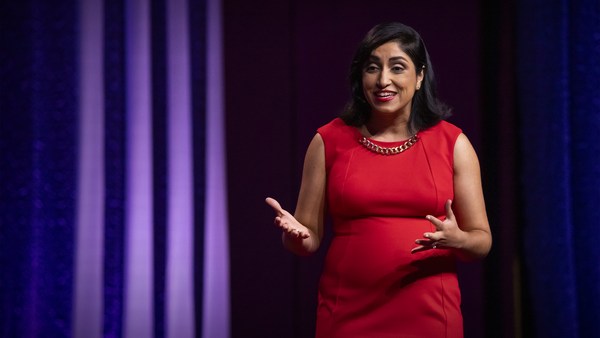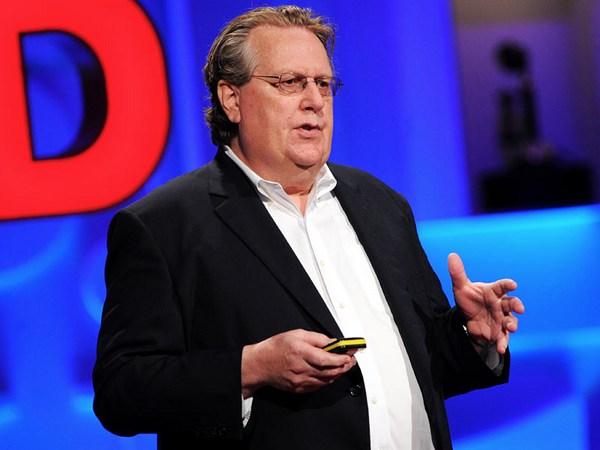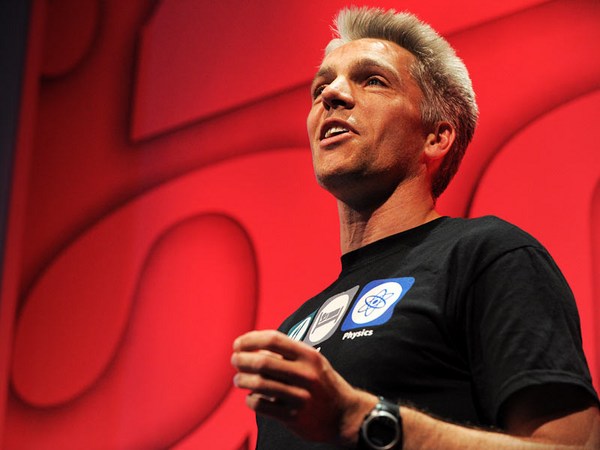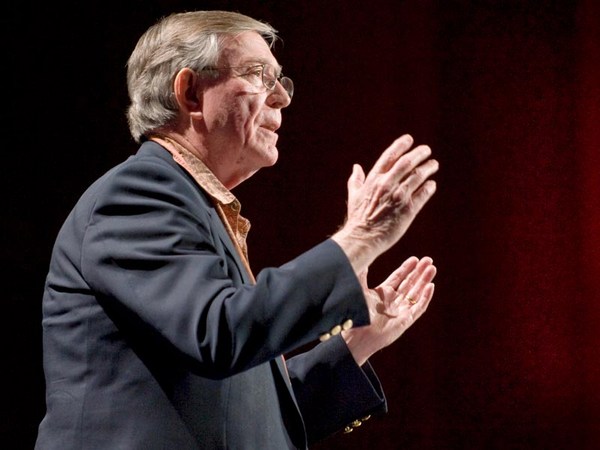I've spent the last 25 years as a brand architect, helping brands rise, thrive and conquer. Yet it struck me like a lightning bolt the other day when I had a realization that left me feeling uneasy. Have I been helping brands destroy the world?
Don't get me wrong, I've had the privilege to craft and see the power of creativity shape minds and win hearts. It's an exciting job. But looking at the state of the world today, could the influence industry of advertising and PR be harming people, influencing wrong behaviors, encouraging a world of excessive consumerism which as a result has led to overconsumption, environmental degradation, deaths and a shallow fixation on material possessions?
The thing about advertising and PR is that it can be sneaky. You know, it's like that one friend who brings both chocolate cupcakes and kale salad to the party. One minute, we charm consumers with catchy jingles and hilarious commercials, and the next, we're bombarding them with messages for things they don't need. It's impossible not to notice an advertising and PR industry that is directly and indirectly nudging the world toward ecological collapse.
And I must say, even just saying that feels like a punch in the gut for someone immersed in the world of advertising and PR. So I can imagine my fellow industry peers looking at me right now thinking, "Dude, what the hell?" But we must admit, the world is going through a spectacle of epic proportions. You know, from energy supply crisis to food supply crisis, rising inflation, etc. etc. It's like the headlines of a blockbuster movie, only this time it's real life, and it's happening in my own life.
I live in Johannesburg, where our electricity supply gets cut off due to load shedding, you know, resulting in hours and hours of daily power cuts. When load shedding was initially introduced, it shocked everyone. Just the idea of facing such a severe power shortage and its profound impact on our lives was completely unimaginable. Something that we never thought would happen is actually happening. Climate change is no joke, and you know things are getting real when you see snow in Johannesburg. You know, it's like Mother Nature is playing a prank on us.
I live and work in the most unequal country on the planet, with acute inequality being our reality. So you can only imagine then, how critical the messages that we put out in advertising and PR can be within this context. So this is kind of personal for me. And to be honest, these issues are not only happening in Johannesburg, South Africa. We are seeing these issues happen everywhere else around the world.
But here's the tension. To tackle overconsumption, we seriously have to reduce what we consume and how much we consume. And of course, the irony for me and my 391-billion-dollar industry is that our day-to-day jobs require us to impel everyone to buy, buy, buy and buy. So as a result, we have created a "mess-terpiece," you know, a mess, using our influence to drive excessive consumerism. So how then, do we, as an advertising and PR industry, atone for our missteps?
I wish there was a pill we could take and then -- poof -- problem solved. But this is not going to be the easiest thing to do. How do we tell our clients that we need to sell less when all they want from us is to move tons and tons of products off the shelves? Should we reconsider or consider not advertising ever? I mean, this sounds a little bit bonkers, right? But it is indeed a massive undertaking.
But the gift of creativity is our tool for change. We can use this tool to fight excessive consumerism and make a huge difference. And it all starts with the Honesty Squad. The thing is, if we can convince people to buy more, we can convince people to buy less, to buy differently or to buy responsibly. So imagine every advertising and PR agency struts its stuff with the Honesty Squad, meticulously scrutinizing campaigns not only from a creative perspective or from a, I suppose, strategic perspective, but also from an environmental perspective. So the Honesty Squad presents a paradigm shift in how we operate as an industry by placing particular emphasis on stopping excessive consumerism.
So imagine what the possibilities could be with this. An industry that is all about making people think twice before they buy. An industry making stuff that doesn't trash the planet. An industry saying no to throwaway culture. We're talking about changing how individuals shop. Getting governments to make better rules and getting industries to be eco-friendly. So to be an industry with the superpower of conscious.
So what will the Honesty Squad do exactly? On a glaringly obvious level, we would stop advocating and sanitizing for oil companies. True.
(Applause)
According to Adweek, nearly 300 agencies and six major holding companies are currently servicing fossil fuel clients, and it's hard to ignore that the situation seems quite irrational, right, in light of the severe climate change impacts that we're witnessing today.
But anyway, my team and I decided to kind of have a bit of fun. And so we put together some ad samples, some examples, just to showcase how the Honesty Squad could tackle some of the challenges that we have to face. So look at this example. "Of course, we want you to eat our burger ... But try our plant-based option. It's yummy." Here's the thing. Excessive meat consumption harms the planet, and that's because many people are unaware of this fact. And as an advertising and PR industry, we haven't done enough to showcase alternatives which are better for the planet. And we definitely need to just change that. Simple, right?
Look at this next example. "If you make these jeans your new BFF, your old pair gets a new home. Deal?" This is really all about making sure that we encourage people to give away stuff they don't use, because we cannot be sending stuff to landfills time and time again. Are you with me? Right.
"Keeping up with the Joneses again?" This is the next example. "Stop it already." We seriously have to challenge this culture where people are constantly being encouraged to consume stuff and to buy stuff in order for them to look successful or to look happy. And this intense pressure we put on consumers to keep up with the Joneses and live lives they don't afford is really, really not necessary. We've got to just stop that.
The next example, "We could tell you that this drink will make you look cool and stuff, but we would be lying. It just tastes good, you know, full stop." So many people consume stuff in order to showcase a certain image on social media. I mean, we really, definitely need to just change that, right?
The last example, "Three for two sounds good, but do you really need 50 tubs of hand lotion all at once?" Like, come on, right? So you could imagine the Honesty Squad then as your kind of personal wingman, you know, helping you, you know, stay away from unnecessary shopping. And I think many of us would definitely benefit from that, right?
So you can see that there are a lot of opportunities, from a creative perspective, for us to do some really good work and change that. But the other thing that excites me about my industry, and we know this very well, is that we appreciate a fabulous pat on the back. And creative awards actually do that, you know? So let's celebrate then campaigns that reduce waste, you know, campaigns that encourage mindful shopping, you know, campaigns that reduce or rather, you know, recycle old products for reuse, like this exciting campaign by Ikea. In Norway alone, over three million pieces of furniture are thrown away each year. Three million. And for Ikea to deal with this problem, they decided to collect all old Ikea furniture and actually sell it, utilizing the reasons why they were no longer needed. So reasons like breakups, divorce, you know, etc. So what Ikea did was effectively take the old furniture and resell it to new customers in their stores. How cool is that? This is exactly how the Honesty Squad rolls, and I think we need to be doing a lot more of that as an industry. So it is loud and clear everywhere around the world that we cannot continue going the way we've been going. And as an industry, we cannot be tone deaf in a world that is screaming for a refresh.
And of course, all those negative ninjas out there will say, "This will never work. This can never happen." But can you imagine if it did? Think about it. Not so long ago, we used to advertise cigarettes unashamedly. Now we don't. So these changes could seriously change the way we live.
But what excites me more about all of this is that creativity can really solve these problems, and do so on a large scale. So let's leverage our core strengths of creativity and influence to tackle some of the challenges that we are facing as a global community. But to do that, we'd have to be really honest about the impacts that our advertising and PR is having on our planet and on our people. I believe it's not impossible, even though I may have had an utterly horrifying realization about what I do as an agency owner and as a brand architect, I do see the immediate opportunity for us to channel this gift of creativity of our industry into a powerful ally. Because, you know, as consumerism reaches unprecedented levels and the climate crisis intensifies, our role as the advertising and PR industry can be that pivotal intervention that the world needs right now. So let's embrace this responsibility, my friends, which is really all about making right for the brands that we represent, but also doing right for the planet and for its people. Let's do that.
Thank you.
(Cheers and applause)
